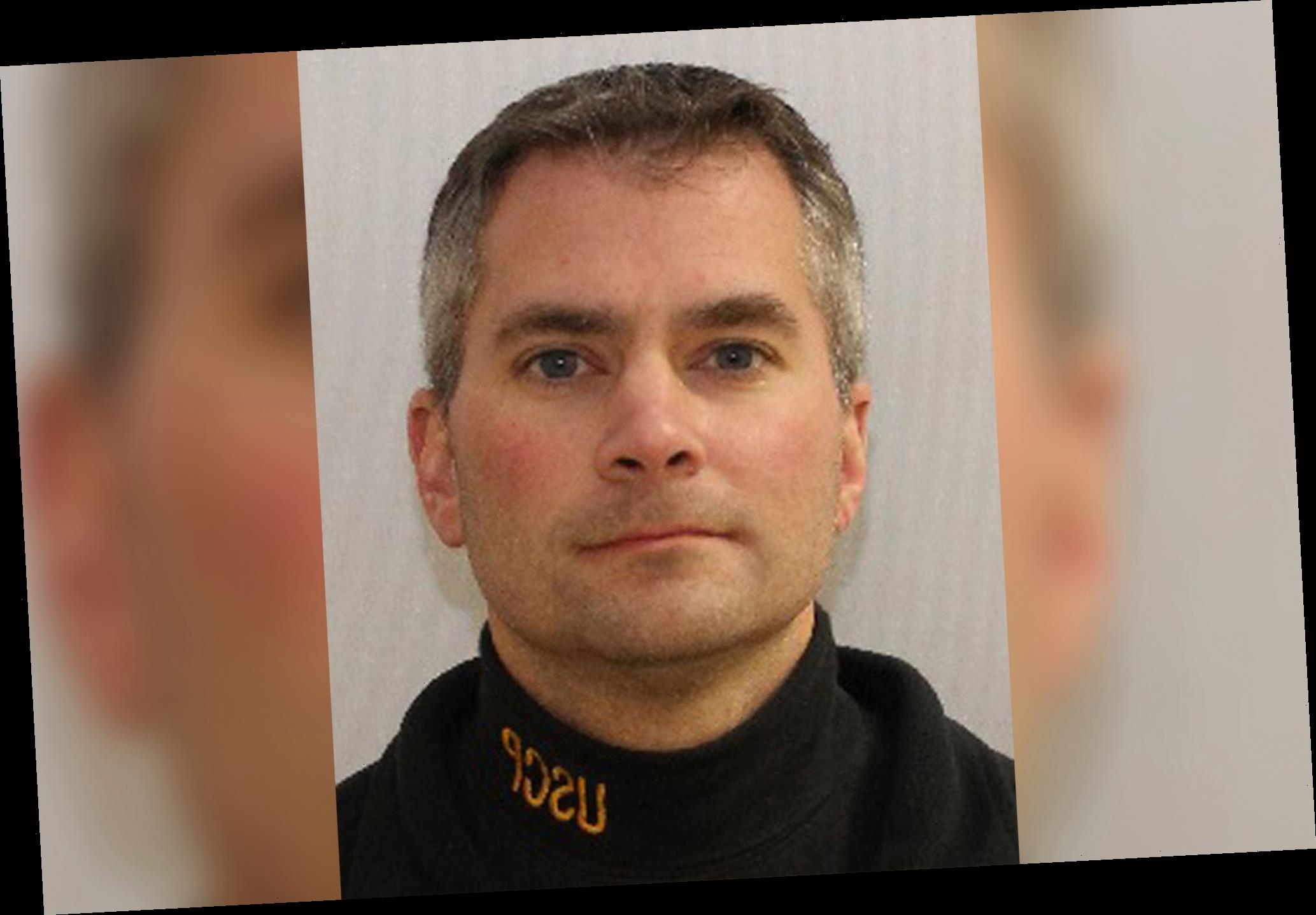More On:
DC Protests 2021
Finally calling a riot a riot and other commentary
Air Force veteran among Capitol ‘rioters’ charged by US Attorney’s Office
Ariel Pink dropped by label for going to Trump rally, says he was asleep for riot
Sen. Rubio warns of Big Tech ‘monopoly power’ following Capitol riot censorship
On Thursday, Brian Sicknick, an officer with the US Capitol Police, died from injuries sustained during the storming of the Capitol Building. Democratic leaders have presented Sicknick as a martyr of the #Resistance against President Trump and his dangerous supporters.
Reality is more complicated.
House Speaker Nancy Pelosi described Sicknick’s death as a reminder of the need to “protect our country from all threats, foreign and domestic.” President-elect Joe Biden suggested that whoever backed Trump supports “an all-out assault on our institutions of our democracy.” The day’s violence, it seems, has become an all-purpose excuse to denounce and silence anyone not sufficiently anti-Trump.
Yet neither Biden nor Pelosi reckoned with an uncomfortable fact: Sicknick was a Trump supporter himself, as his friend Caroline Behringer announced shortly after his death. Far from sharing the views of the #Resistance, he had written letters to his congressman opposing Trump’s impeachment.
Like many Trump supporters who are now being censored, he believed that the system is fundamentally rigged in favor of a narrow elite. He had used fiery rhetoric, even called for regime change in America.
The people who claim to honor Sicknick have elided these facts. Acknowledging them would undermine their effort to label the 75 million Americans who supported Trump as a domestic threat. Already, unelected Silicon Valley billionaires are using Sicknick’s death to justify censorship of views he expressed. Liberals are cheering the limitation of free speech. Leftists are applauding the exercise of corporate power.
What could lead a man like Sicknick to support Trump? Must it be white supremacy, conspiracy theories or one of the other reasons usually cited by the media?
What we know of Sicknick’s views tells a different story. Six months after graduating from high school in 1997, he joined the Air National Guard. He was deployed to Saudi Arabia and Kyrgyzstan. A series of letters he later wrote to the editor of his hometown paper give a portrait of his disillusionment with the leaders of the country he served.
In 2001, he described his attempt to gain help from his representatives in a dispute with his employer: “I have written a staggering number of letters to elected officials in both the state and federal governments. Only one state senator responded. This is one of the main reasons I will not be enlisting for a second term in the National Guard. I am no longer going to risk my life in hostile environments for a government that does not care about the troops.”
In 2003, Sicknick expressed his growing doubts about the War on Terror: “Our troops are stretched very thin, and morale is dangerously low among them. I’m starting to see an increasing trend of US soldiers asking, ‘Why are we still here?’ ”
He had come to believe that the United States was engaged in an “unnecessary war.” He denounced the “arrogant oil hacks that occupy the White House” and complained that the Bush administration had “its hands grasped firmly on the puppet strings of conservative senators.” His conclusion was stark: “I believe we should have regime change right here in America.”
In 2004, he poured scorn on Team Bush’s proposal to revive space exploration. Why go to space, he wondered, when “the health-care system is in shambles, and many Americans have simply given up looking for jobs”?
His rage deepened after the release of the 9/11 Commission Report: “Proven intelligence failures regarding the war in Iraq and Sept. 11 are troublesome. Why is it that I doubt any jobs will be lost over this? Why is it that I doubt an impeachment would happen? Why do I think the issue will soon be forgotten?”
After serving his country and observing the workings of its government, Sicknick had come to believe that America is governed by a self-interested, unresponsive and unaccountable oligarchy. There is ample evidence to support his beliefs. Biden, Pelosi and Sen. Chuck Schumer, all of whom voted to authorize the invasion, have suffered no consequences for their folly. Nor have the countless other supporters of the invasion who populate Congress, K Street and the think tanks.
The same people who launched a costly and failed war in Iraq now hope to humiliate and silence Trump’s supporters. But the concerns that led to the rise of Trump won’t disappear until our failed elites pay for their mistakes.
When they smear Trump voters, they dishonor Officer Sicknick’s memory.
Matthew Schmitz is a senior editor of First Things.
Share this article:
Source: Read Full Article





